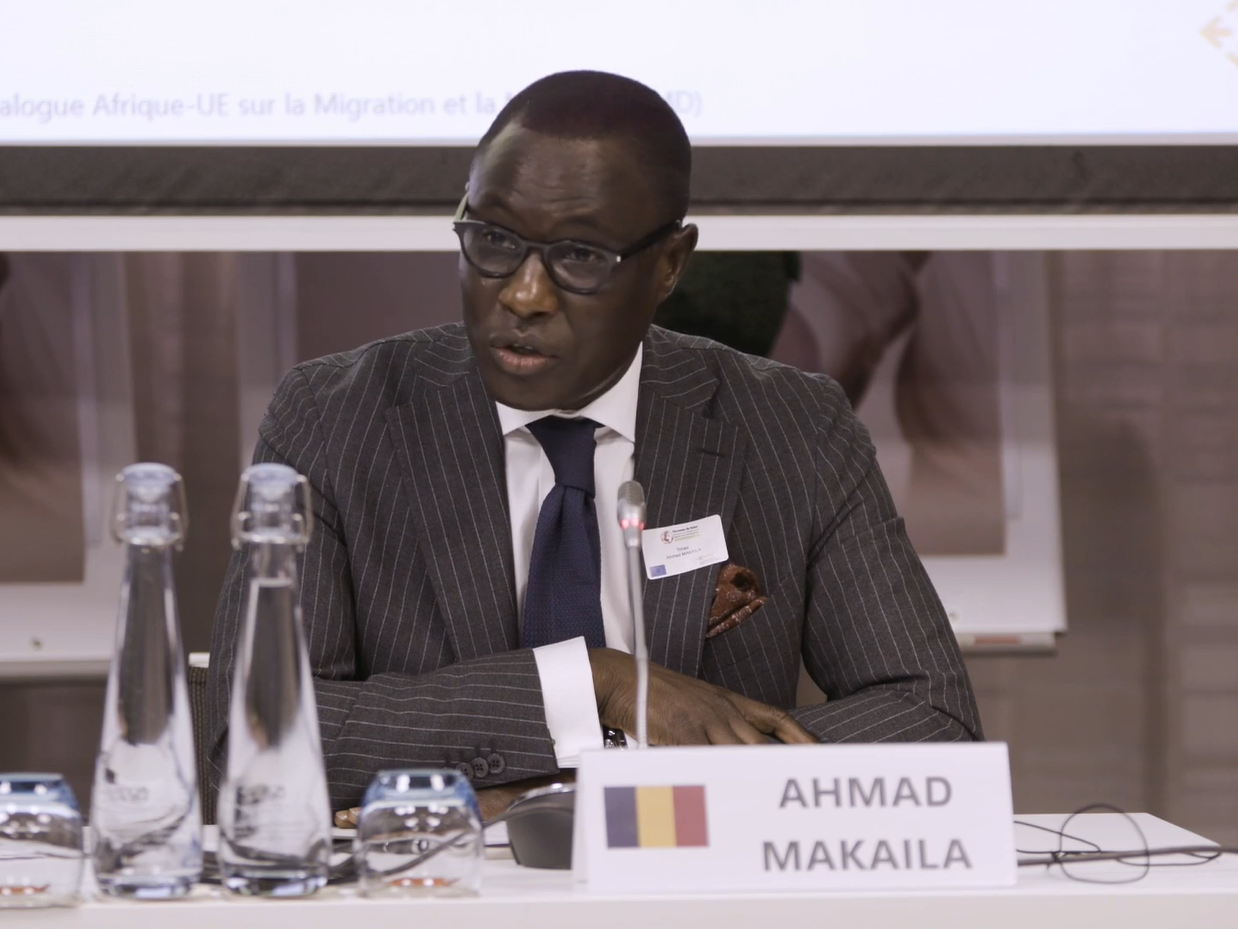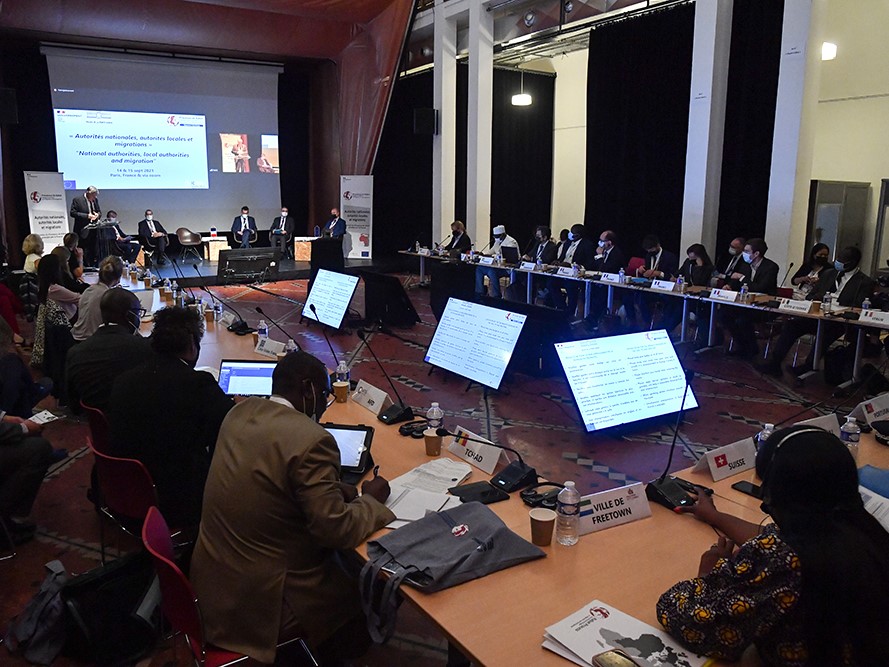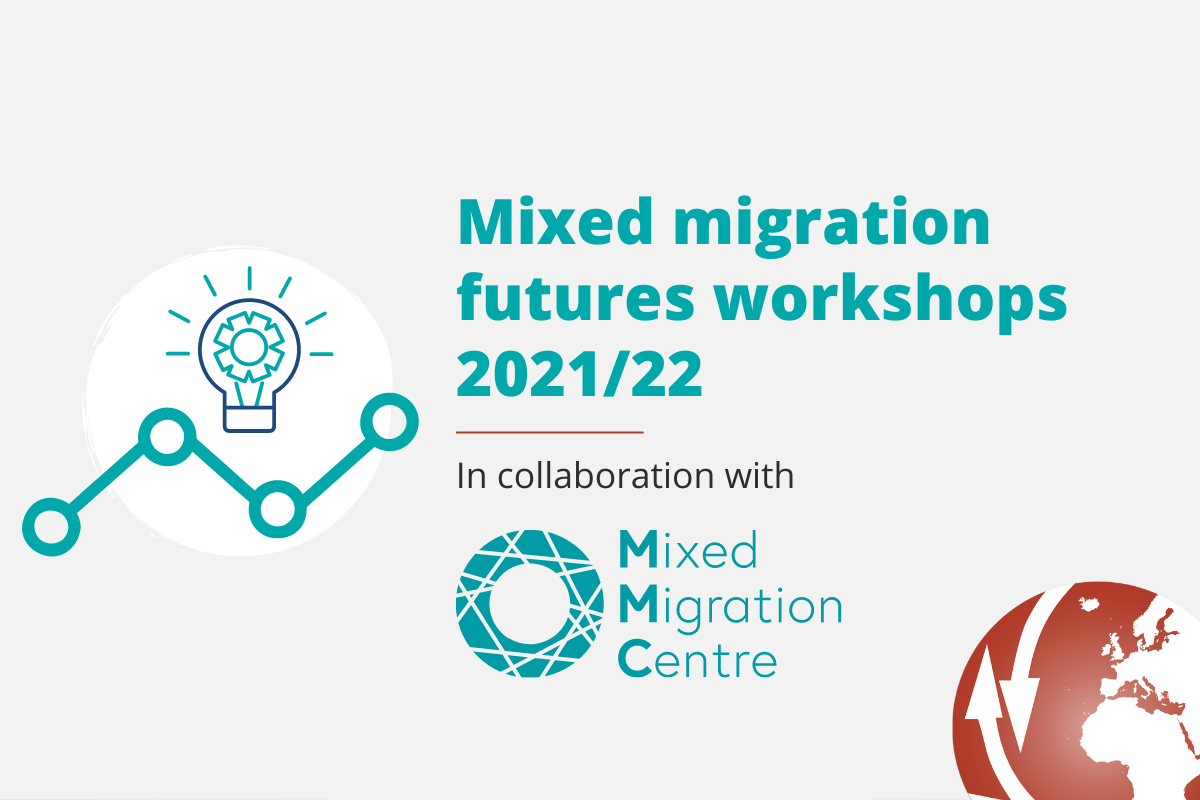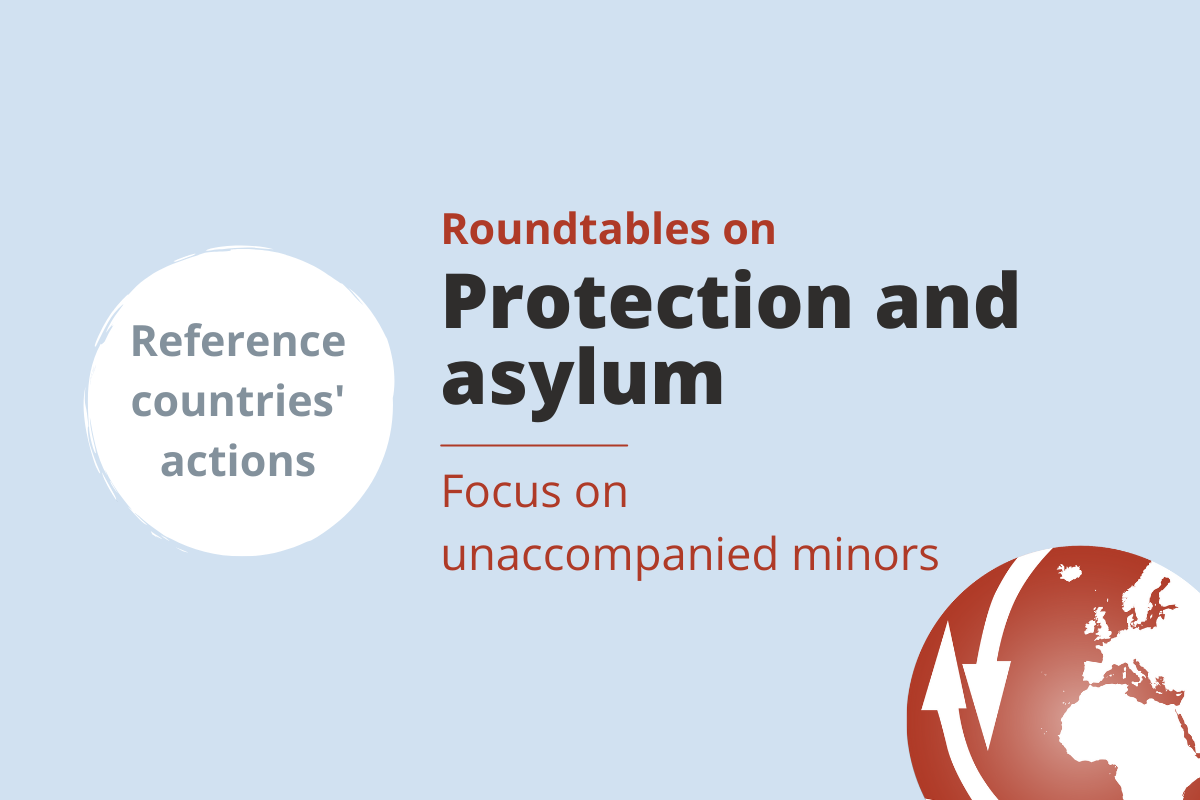Since the introduction of the reference country system in 2019, several reference countries have organised activities to implement the commitments made in the Marrakesh Action Plan and beyond. In this video, representatives of Chad and Switzerland explain what it means to be a reference country for Domain 3 and what approach they chose in order to address questions related to protection and asylum.
Switzerland and Chad decided to focus their first activities as reference countries particularly on the subject of unaccompanied minors and organised a series of roundtable discussions with the support of UNHCR and the Rabat Process Secretariat. The first roundtable, a virtual event entitled "Asylum procedure for unaccompanied minors (UAM)”, took place on 7th July 2021 and another face-to-face roundtable followed in Geneva on 13th October 2021, focusing on "Risks, support and durable solutions, in particular for unaccompanied minors". During the Geneva event, we interviewed representatives of Chad and Switzerland about their role as reference countries: watch the video to find out more.
The reference country system was launched by the Rabat Process in 2019 to encourage partners to lead the implementation of priorities contained in the Marrakesh Action Plan. The system is designed to strengthen the partners' sense of ownership and involvement, and to create opportunities for collaboration between European and African partners. The reference countries of the Rabat Process meet regularly with the Steering Committee.
“Chad decided to become a reference country for several reasons. First of all, it is a political commitment by the authorities of our country to show their will, their commitment, in this quest for collective well-being and, particularly, that of the refugee population. If you look at our history, Chad is a country that has known war. And so, both combined – the political commitment and our humble past – led to our country volunteering to be reference country, also to serve as a role model for others, by sharing our experience,” outlined Amb. Ahmad Makaila, Permanent Representative of the Republic of Chad to the United Nations in Geneva.
Asked about their choice to focus on unaccompanied minors, the Swiss representative Grégoire Crettaz, Regional Coordinator at the State Secretariat for Migration, explained: “I believe that everybody is able to agree that children, unaccompanied minors, are the most vulnerable of the vulnerable, and that it is important to all of us to really make them a priority in our activities. It is a cross-cutting topic in the Marrakesh Action Plan, but also a very concrete one for Switzerland.”
In their role as reference countries, Switzerland and Chad continue to promote the implementation of priorities contained in Domain 3 of the Marrakesh Action Plan. They also encourage the Rabat Process to widen the scope of Domain 3 in the future, to explore more in-depth key issues such as unaccompanied minors, durable solutions and even missing migrants.






